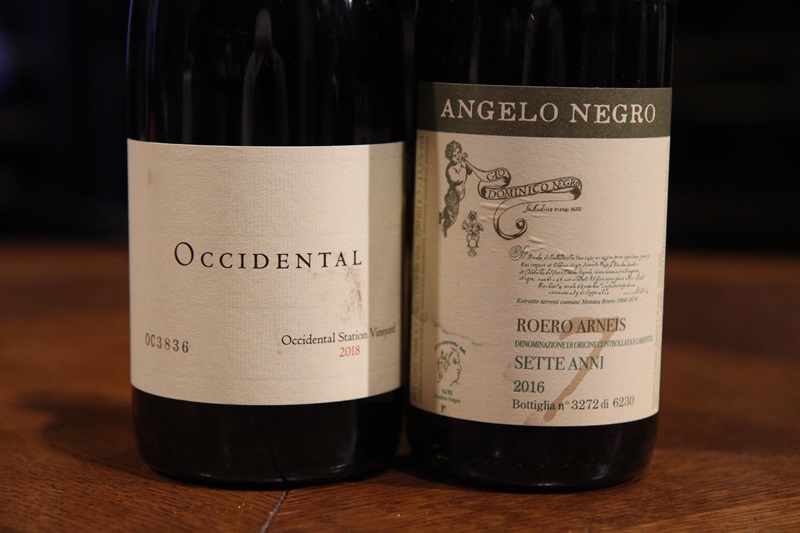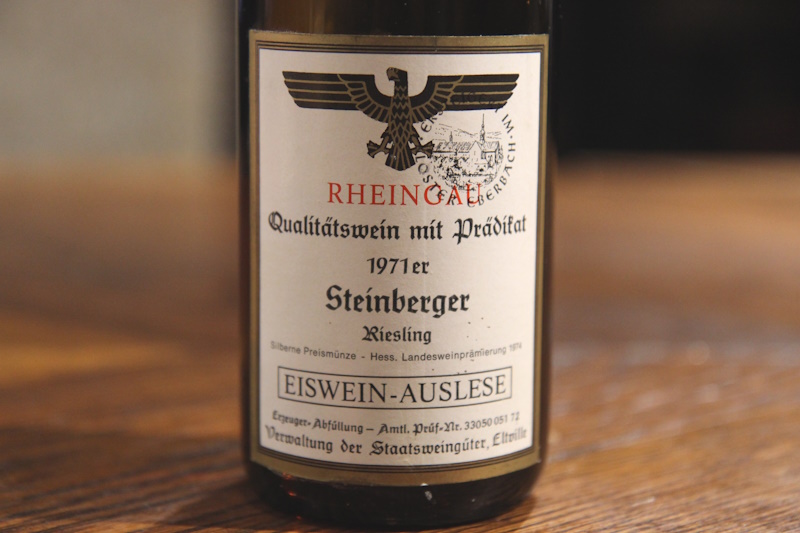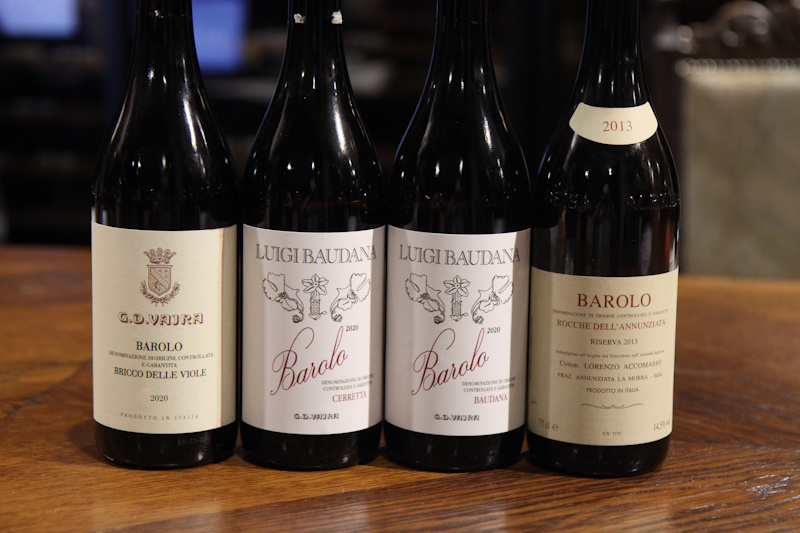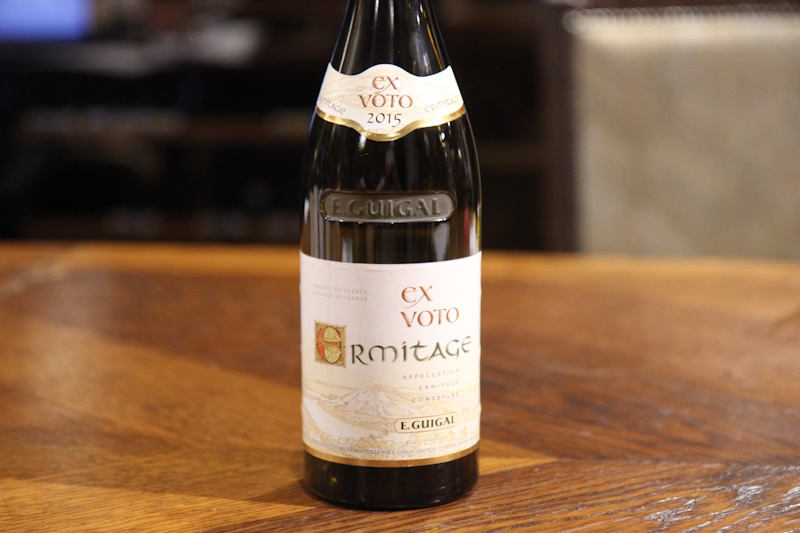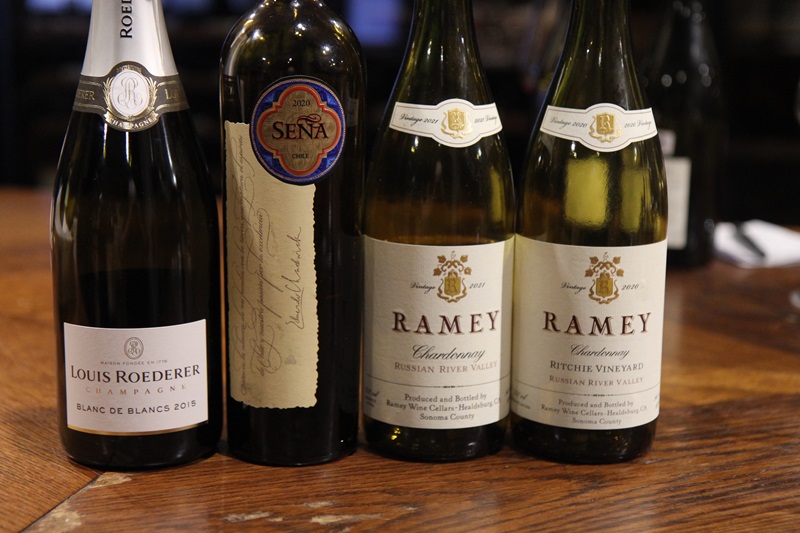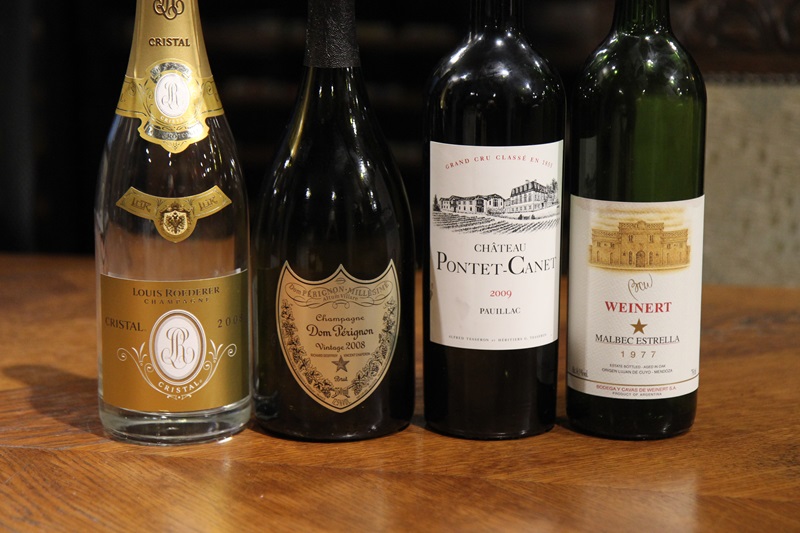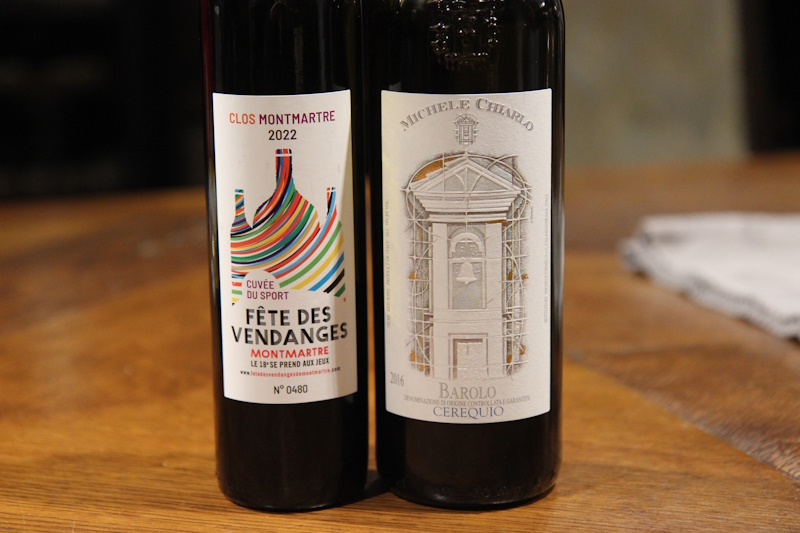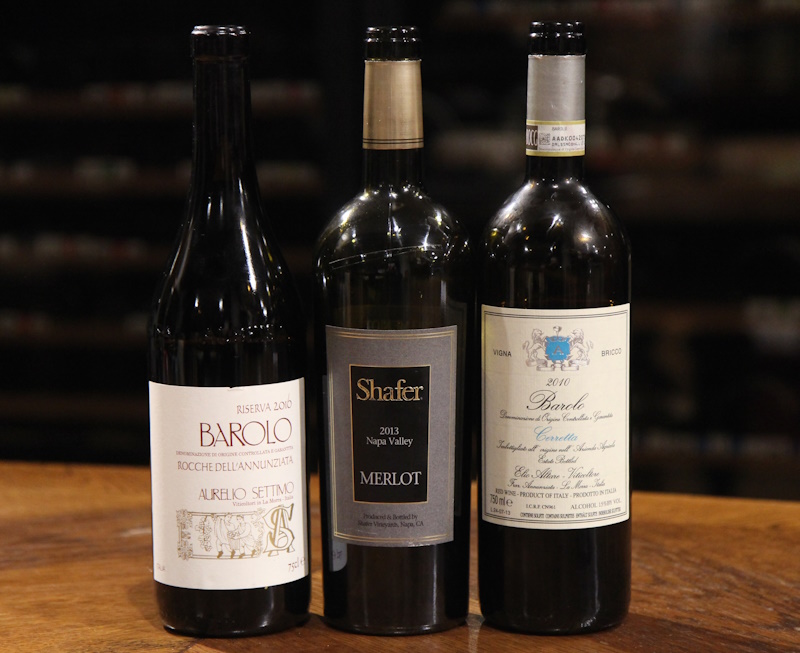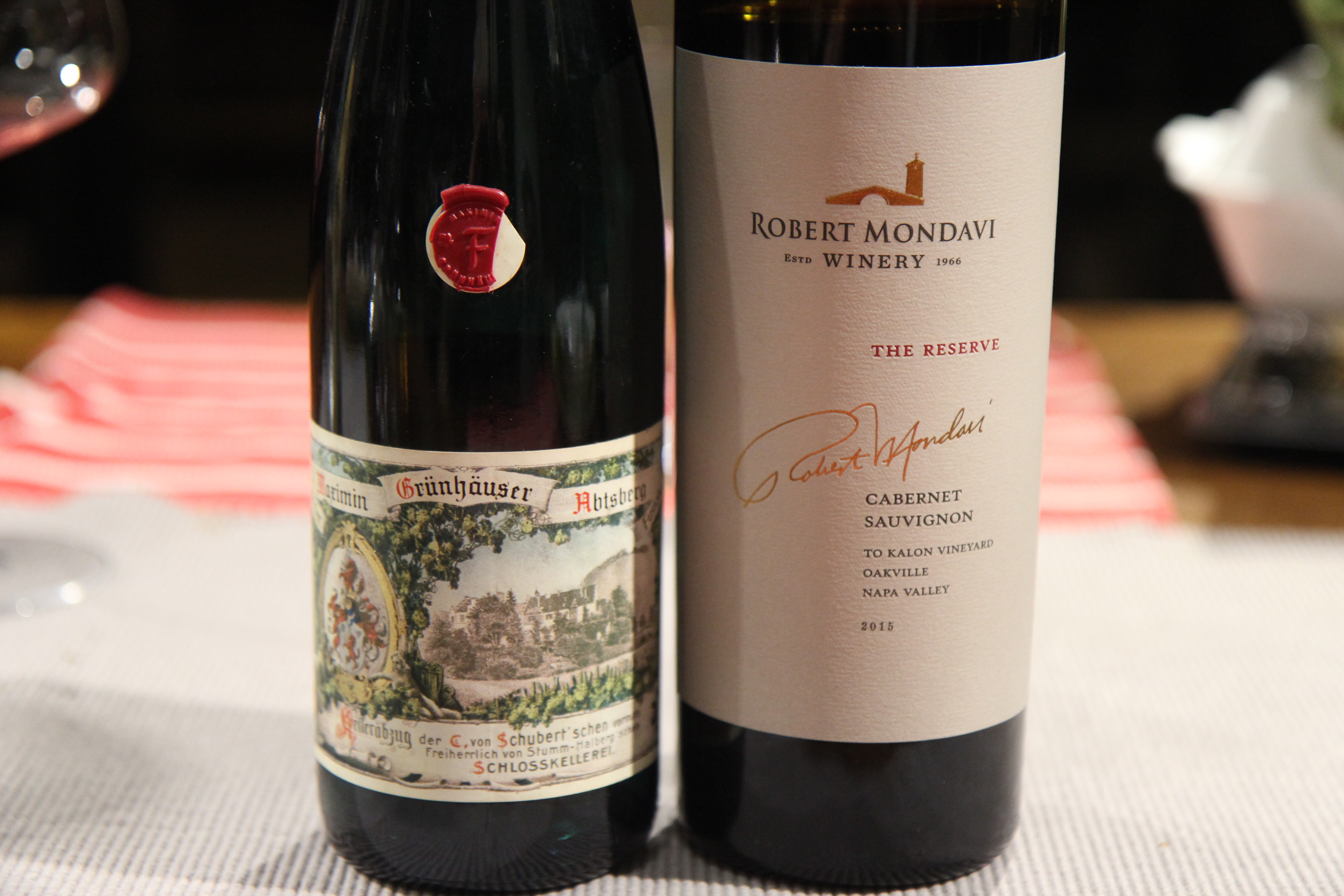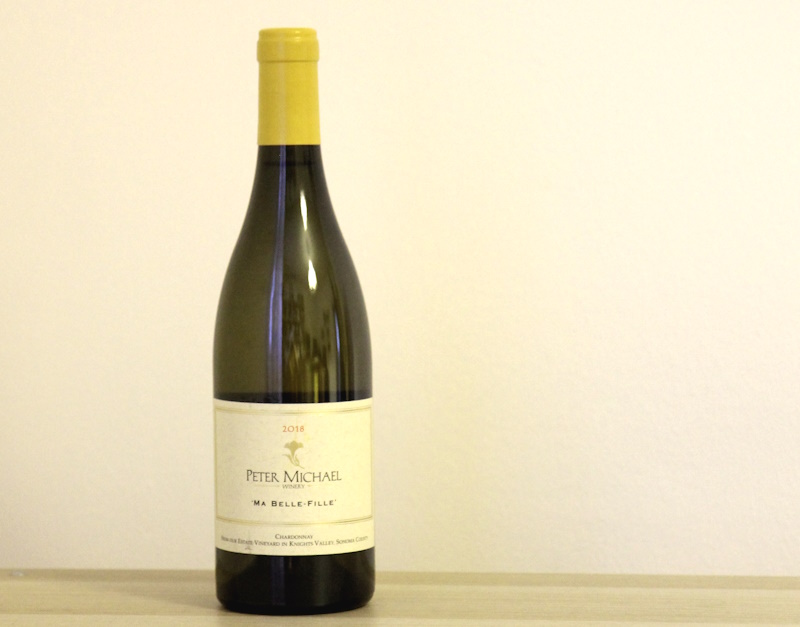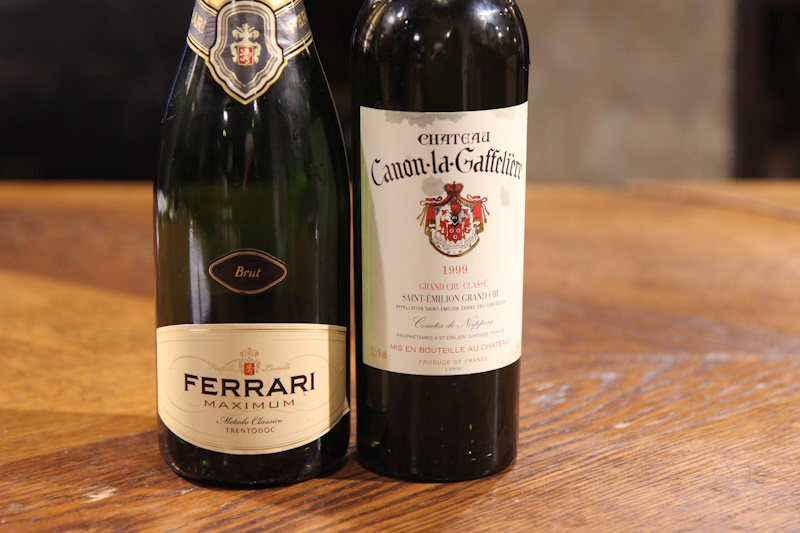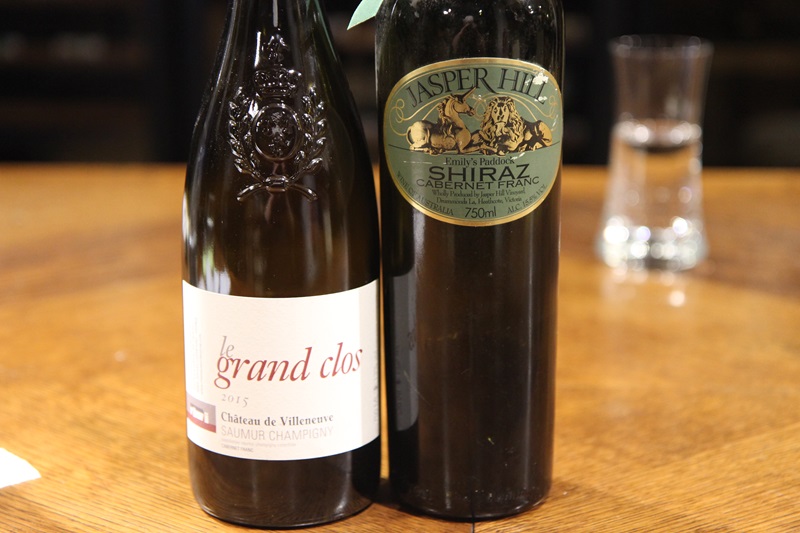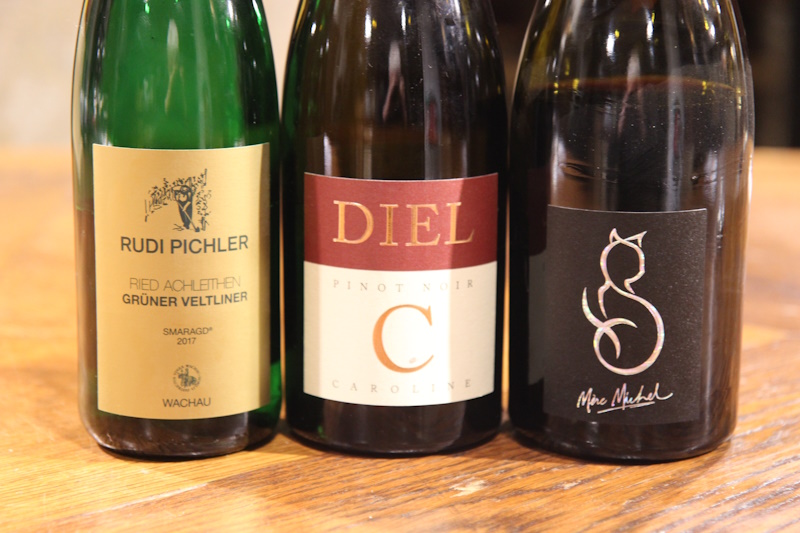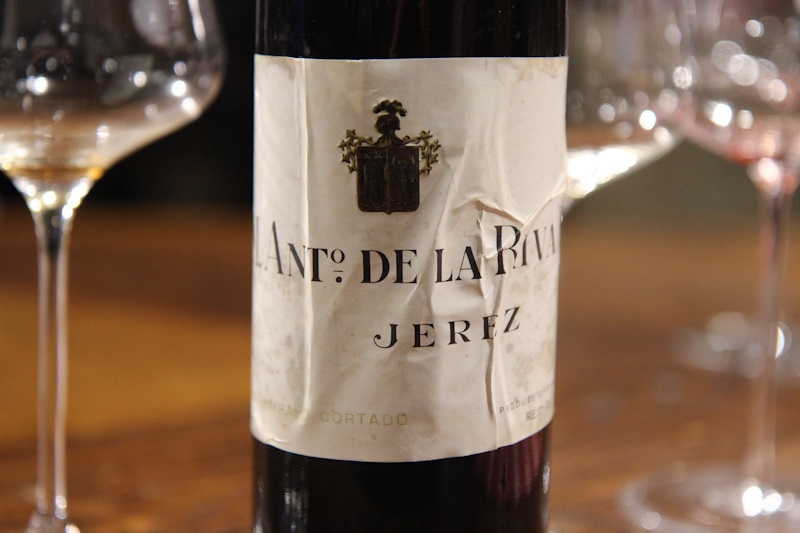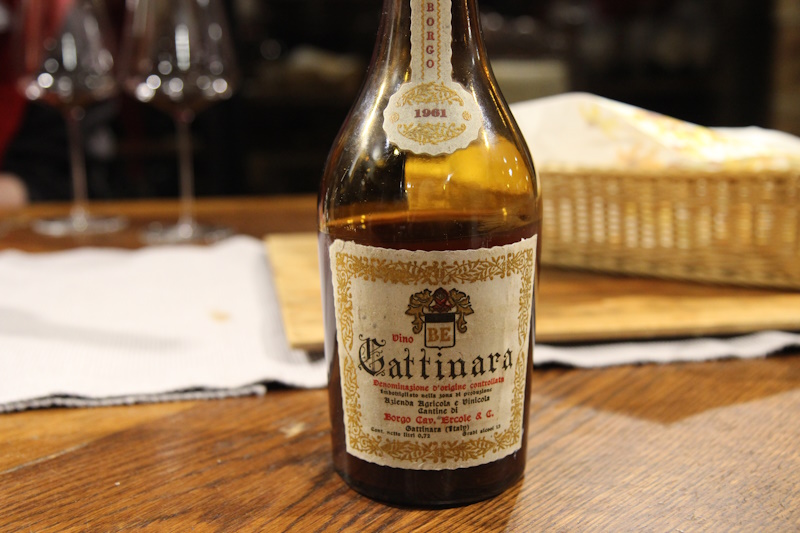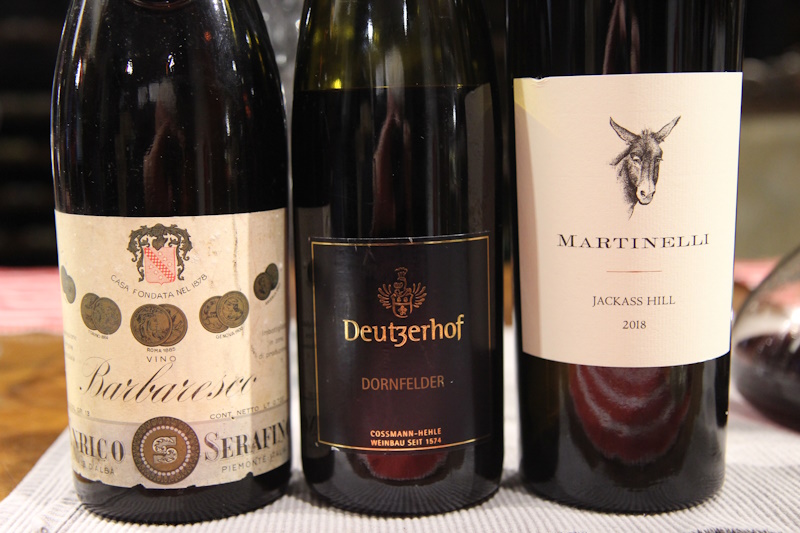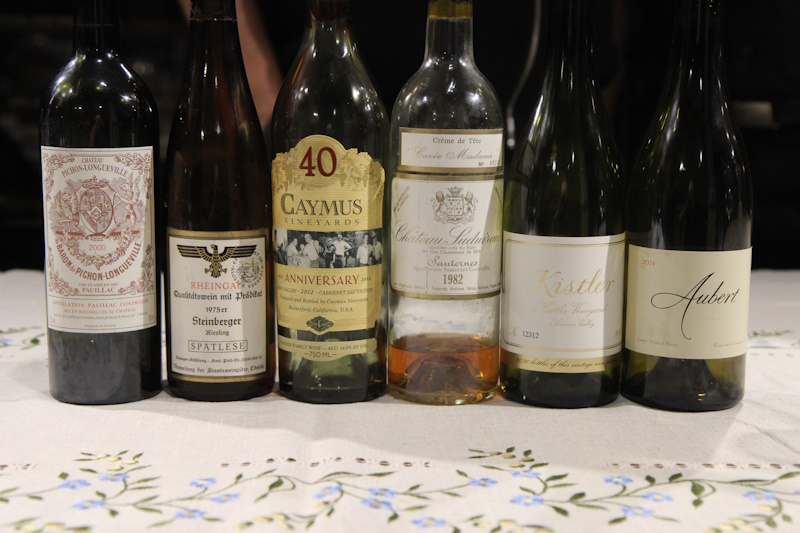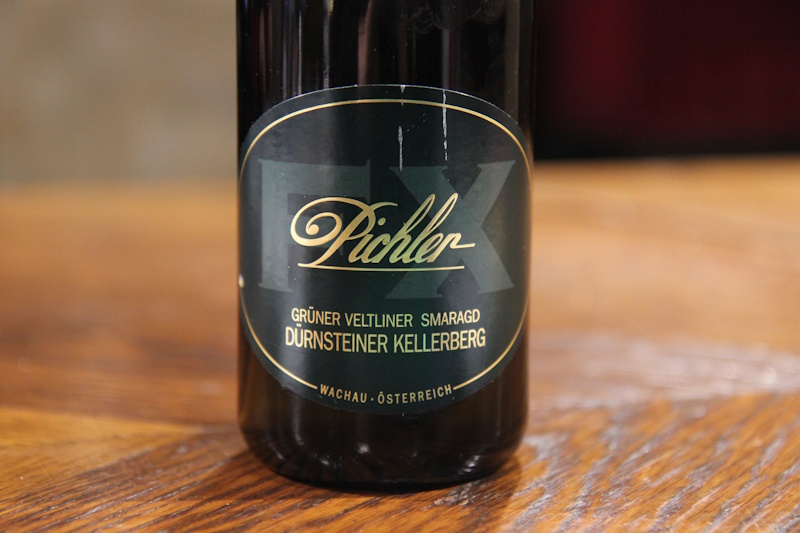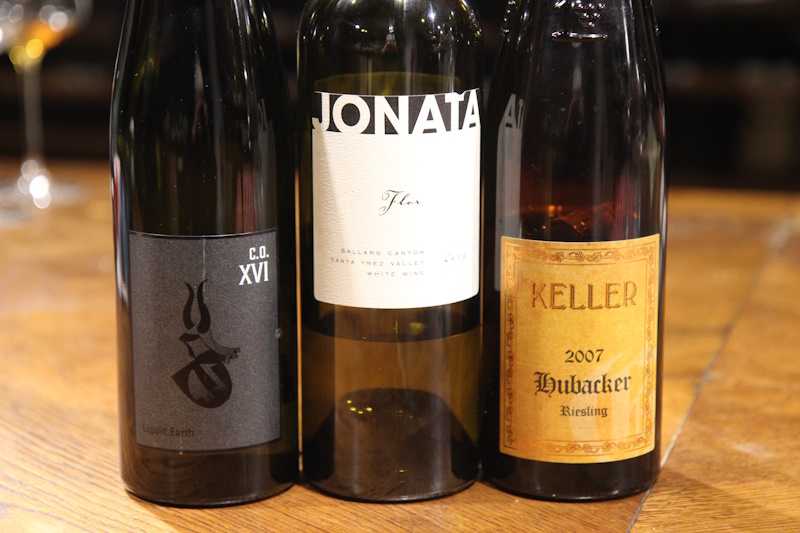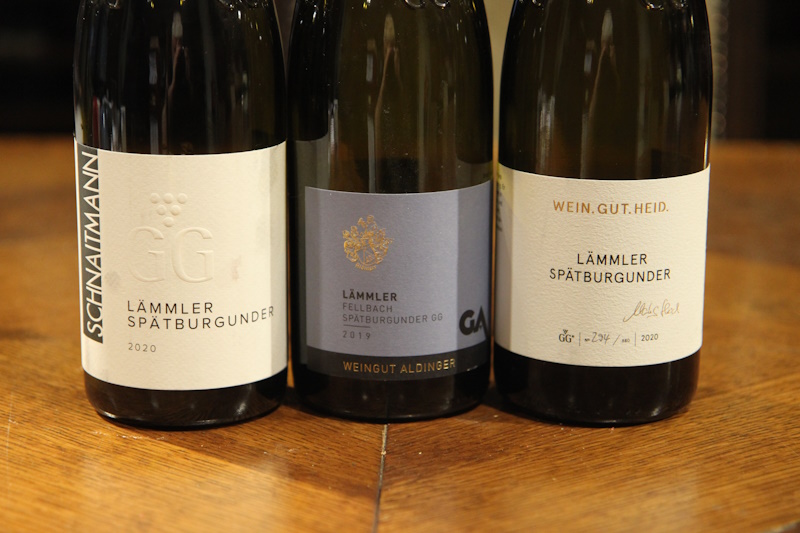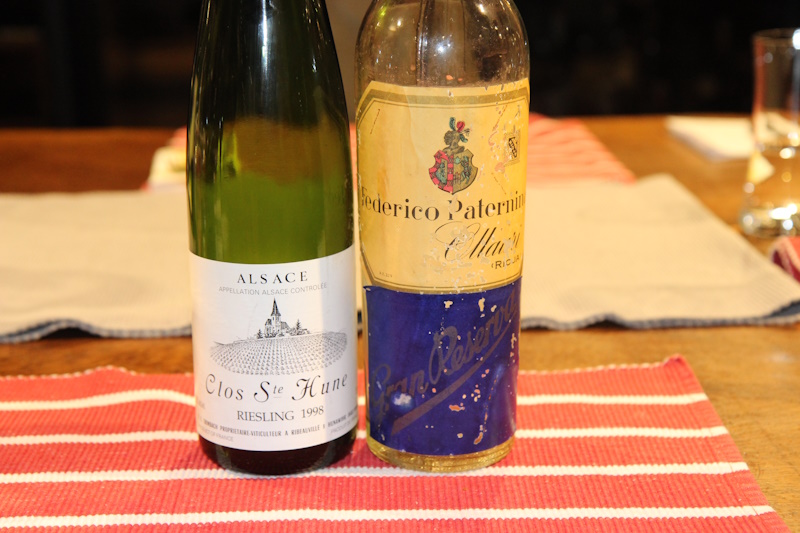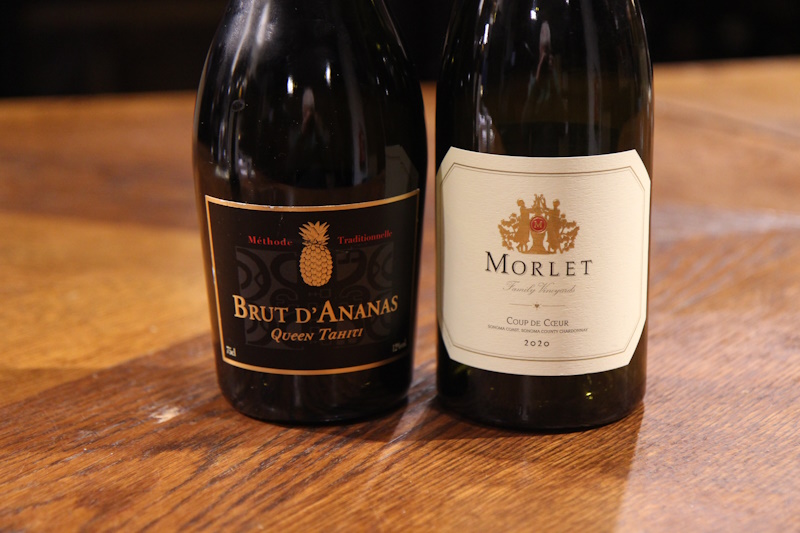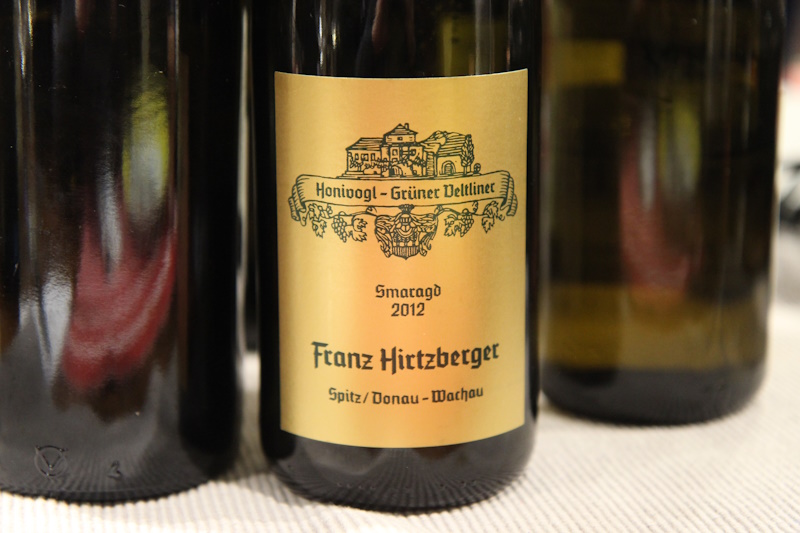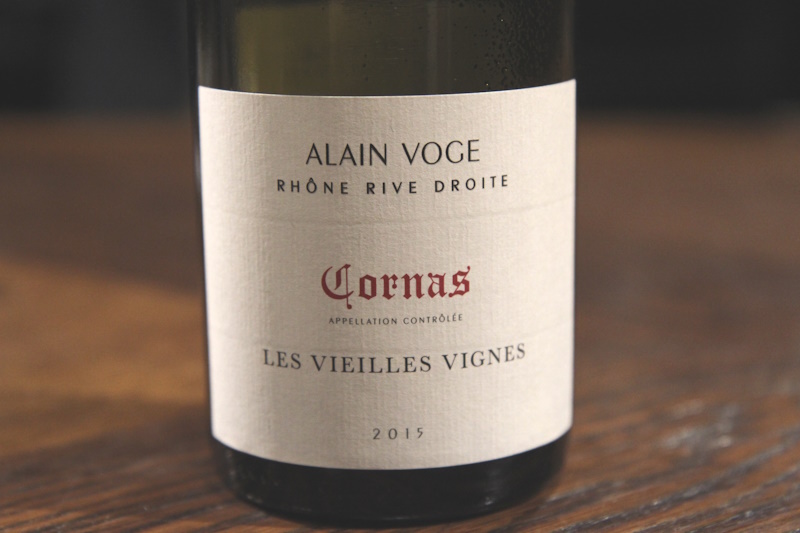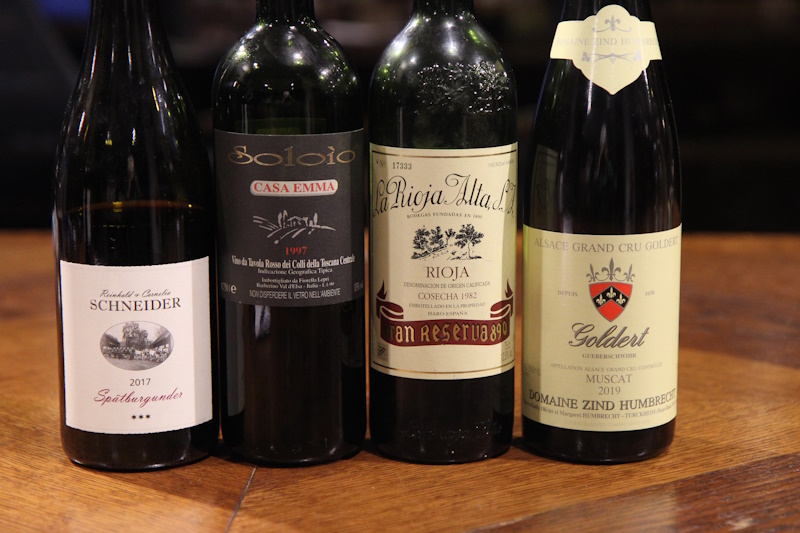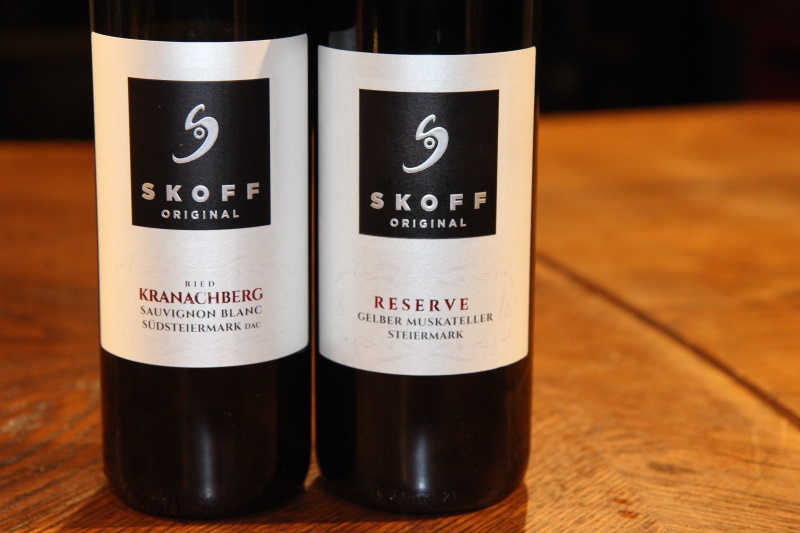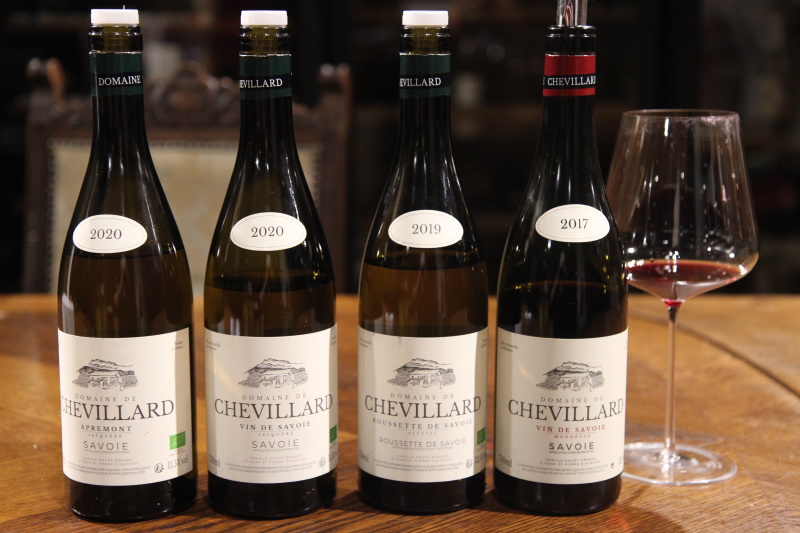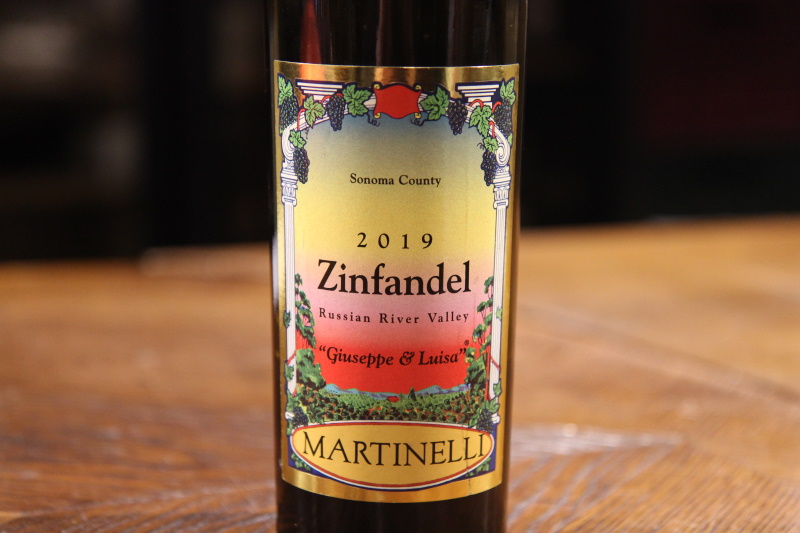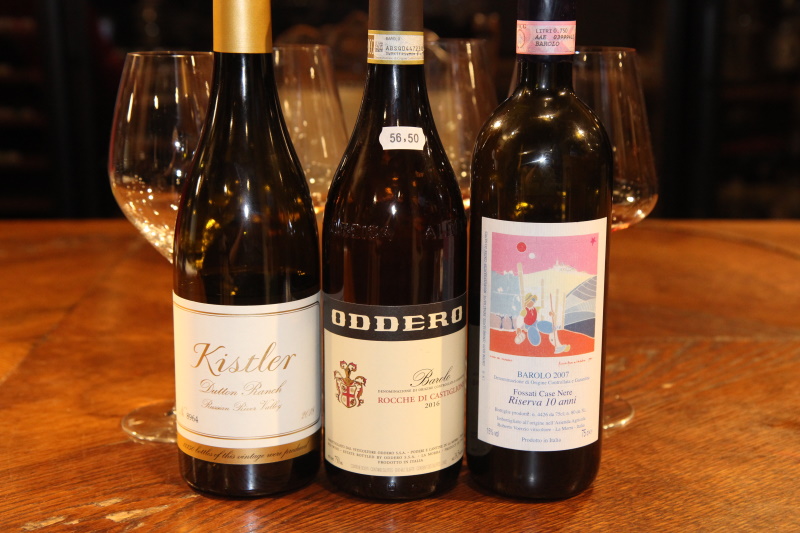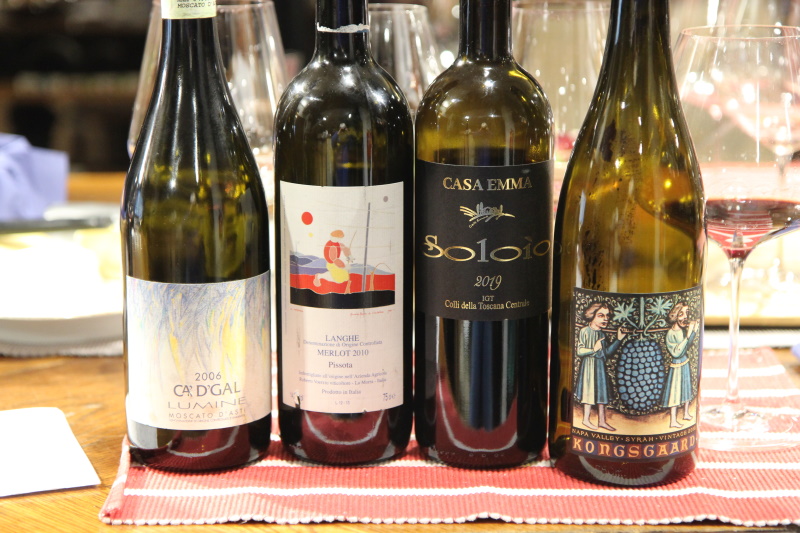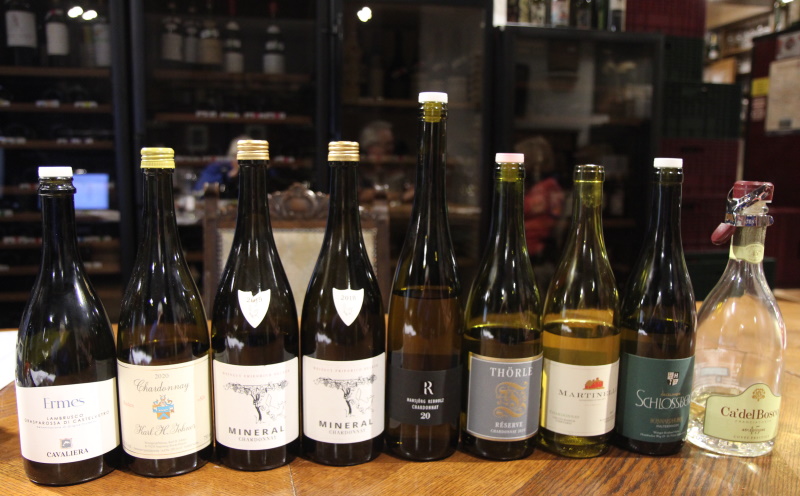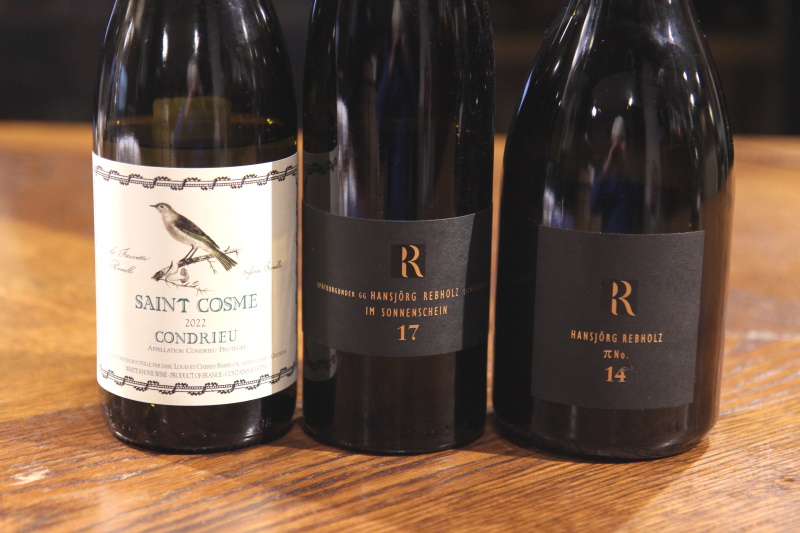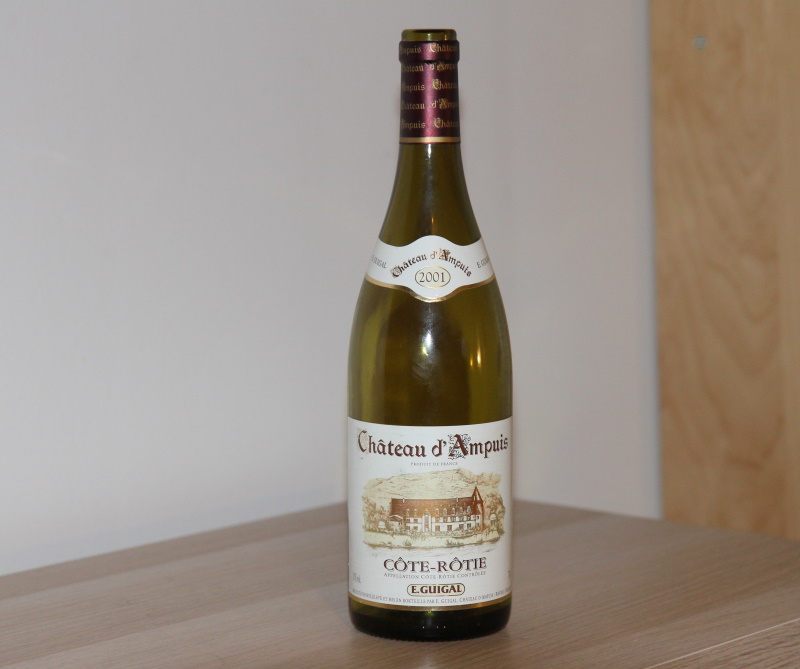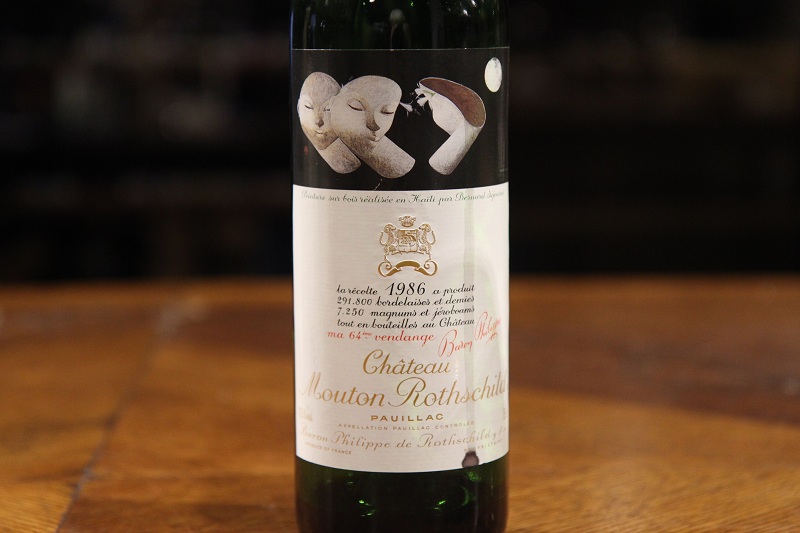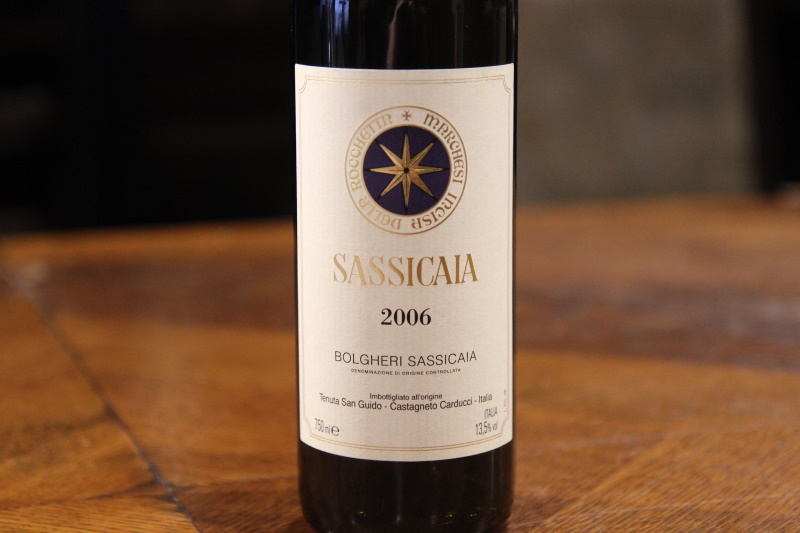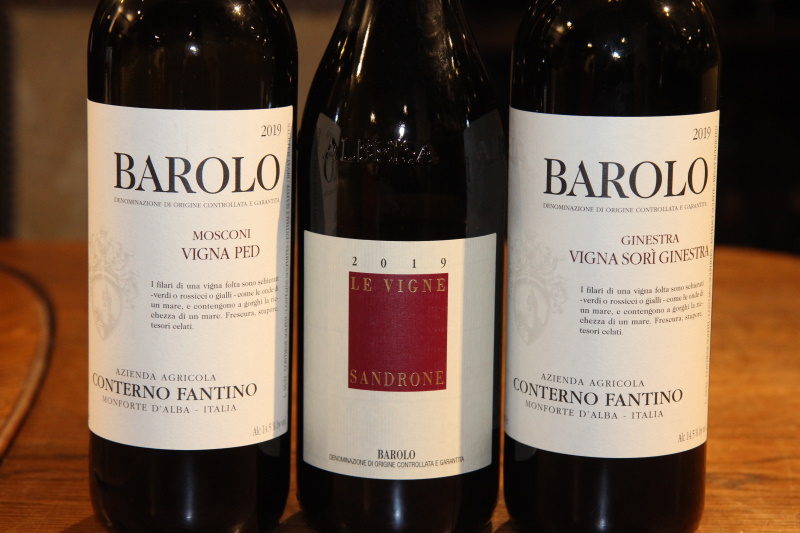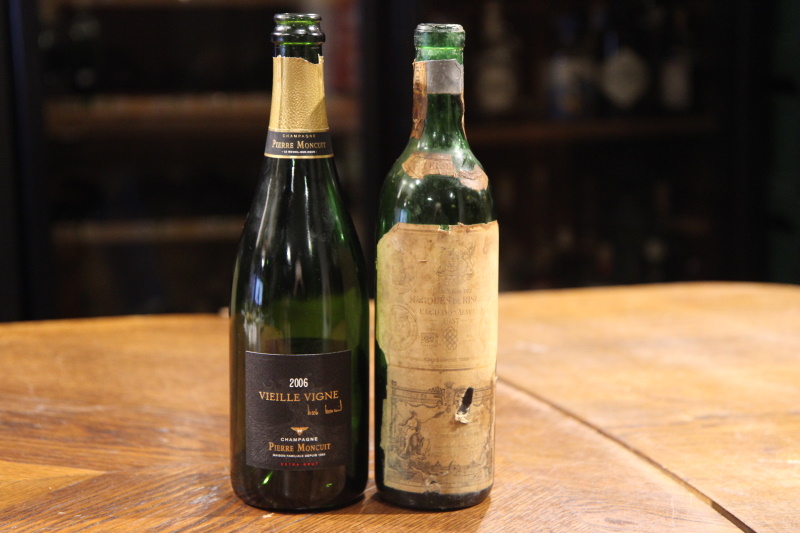
Who & Why
Find out who we are and why we do this: About us
We have Avignonesi & Capannelle, Clos Du Marquis and Giacomo Borgogno.
We normally drink Barbera d'Asti or Barbera d'Alba. However, there is also a very interesting sub-zone of Barbera d'Asti, Nizza DOCG, which has existed since 2014. The wines are 100% Barbera.
There is the best of Moscato d'Asti and a recent vintage of Barbaresco Sori Paitin. Moscato d'Asti has low alcohol, usually between 4.5% and 5.5% ABV, and lots of fruit and freshness. Perfect in summer on the terrace!
We have 2018 Pinot Noir Occidental Station Vineyard and 2016 Arneis Sette Anni.
For us, the old Gaja wines, which were produced by the father, are much more interesting than the modern wines. Great vintages are 1961, 1964 and 1971.
1971 was a great vintage for sweet Riesling wines in Germany. The Staatsweingüter produced sensational wines until the 1970s, especially in the great vintages of 1971, 1975 and 1976.
The 2020 vintage seems to be a very fruity vintage, with great aromas, very fine tannins, but a little less density and power. You don't have to buy the most expensive wines to have great pleasure. We tried some wines from Vajra and Baudana under € 70.-, here are our favorites. For comparison, there is a slightly mature Barolo Riserva from Accomasso.
We taste a Blanc de Blancs, two Chardonnays from California and a wine from Chile.
2014 was a difficult vintage, but the top producers have once again made great Barolo.
Today we have Roeder Cristal, Dom Perignon, Pontet Canet and Weinert Malbec Estrella.
Due to vacation and illness it took a little longer this time, but now there is a new tasting. Here we have only great wines with 18/20 points or more.
Let's go with Spumante from Piedmont, St. Joseph from the Rhone and a Spätlese from the Nahe.
This time we have Champagne, Barbera from Piedmont, a Pomerol, a Port Epigone from South Africa and a fortified wine from Australia.
The prices for Burgundy wines are high, so California is always an alternative. We taste two wines that should both be great.
We have a very rare wine from the Montmartre vineyard in Paris and a sensational Barolo Cerequio 2016.
There is a Riesling and a Cabernet, none of them tastes like its grape variety.
This time: A sparkling wine from Ferrari and a great Canon La Gaffeliere.
Here we have two bottles with Cabernet Franc, one is a blend with Shiraz and one is pure.
This time there are three interesting wines from different regions.
We have a Palo Cortado Solera from M. Antonio de la Riva. This sherry proves once again that sherry is one of the most affordable high-end wines and is always great value for money.
The Dürnsteiner Kellerberg is an archetypal Grüner Veltliner of the upper class.
One of the best vineyards for Spätburgunder in Germany is often overlooked: The Fellbacher Lämmler. In addition to sensational Lemberger, great Spätburgunder are also produced here. We taste 3 different producers.
Is the cult Riesling Clos Ste Hune really that good? Does a 100-year-old dry white wine from Rioja that has not been fortified still taste good?
This time we have a pineapple sparkling wine from Tahiti, produced according to the metode champenoise, and a Chardonnay from Morlet.
Moscato d'Asti doesn't hold up? Merlot only produces simple, fruity wines? It's time to put an end to these prejudices.
After two beautiful sparkling wines, we turn our attention to Chardonnay from Germany, together with a pirate.
This year we tasted 801 wines, not only at the auction house, but also at organized wine tastings and on the fantastic Bordeaux trip organized by Armin Diel.
We had 10 perfect wines with full points (20/20) and 28 wines that were almost perfect (19.5-19.8/20). This high percentage is explained by our selection.
This time we have two Barolo from Conterno-Fantino from the 2019 vintage and as a reference the Sandrone 2019 Barolo Le Vigne.
Page 1 of 5




